
Kód: 02357231
Simplicius: On Aristotle Physics 3
Autor Peter Lautner Simplicius
Aristotle's Physics Book 3 covers two subjects: the definition of change and the finitude of the universe. Change enters into the very definition of nature as an internal source of change. Change receives two definitions in chapte ... celý popis
- Jazyk:
 Angličtina
Angličtina - Vazba: Brožovaná
- Počet stran: 240
Nakladatelství: Bloomsbury Publishing, 2014
- Více informací o knize

Mohlo by se vám také líbit
-
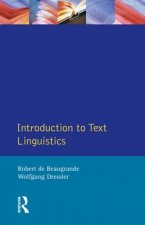
Introduction to Text Linguistics
2396 Kč -

Face Of The Third Reich
629 Kč -

AmBushed
430 Kč -

Flügel des Lebens - Luft, Tee-Aufgussbeutel
122 Kč
Darujte tuto knihu ještě dnes
- Objednejte knihu a zvolte Zaslat jako dárek.
- Obratem obdržíte darovací poukaz na knihu, který můžete ihned předat obdarovanému.
- Knihu zašleme na adresu obdarovaného, o nic se nestaráte.
Více informací o knize Simplicius: On Aristotle Physics 3
Nákupem získáte 174 bodů
 Anotace knihy
Anotace knihy
Aristotle's Physics Book 3 covers two subjects: the definition of change and the finitude of the universe. Change enters into the very definition of nature as an internal source of change. Change receives two definitions in chapters 1 and 2, as involving the actualisation of the potential or of the changeable. Alexander of Aphrodisias is reported as thinking that the second version is designed to show that Book 3, like Book 5, means to disqualify change in relations from being genuine change. Aristotle's successor Theophrastus, we are told, and Simplicius himself, prefer to admit relational change. Chapter 3 introduces a general causal principle that the activity of the agent causing change is in the patient undergoing change, and that the causing and undergoing are to be counted as only one activity, however different in definition. Simplicius points out that this paves the way for Aristotle's God who moves the heavens, while admitting no motion in himself. It is also the basis of Aristotle's doctrine, central to Neoplatonism, that intellect is one with the objects it contemplates.In defending Aristotle's claim that the universe is spatially finite, Simplicius has to meet Archytas' question, "What happens at the edge? ". He replies that, given Aristotle's definition of place, there is nothing, rather than an empty place, beyond the furthest stars, and one cannot stretch one's hand into nothing, nor be prevented by nothing. But why is Aristotle's beginningless universe not temporally infinite? Simplicius answers that the past years no longer exist, so one never has an infinite collection.
 Parametry knihy
Parametry knihy
Zařazení knihy Knihy v angličtině Literature & literary studies Literature: history & criticism Literary studies: general
1741 Kč
- Plný název: Simplicius: On Aristotle Physics 3
- Autor: Peter Lautner Simplicius
- Jazyk:
 Angličtina
Angličtina - Vazba: Brožovaná
- Počet stran: 240
- EAN: 9781472557353
- ISBN: 1472557352
- ID: 02357231
- Nakladatelství: Bloomsbury Publishing
- Hmotnost: 306 g
- Rozměry: 235 × 158 × 12 mm
- Datum vydání: 10. April 2014
Oblíbené z jiného soudku
-

Saga of Tanya the Evil, Vol. 3
271 Kč -

Tragedy of Macbeth: The Oxford Shakespeare
233 Kč -

Collected Poems
517 Kč -

Leaves of Grass
455 Kč -

Plato Opera Vol. II
913 Kč -

Charterhouse of Parma
330 Kč -

Sir Gawain and the Green Knight
517 Kč -
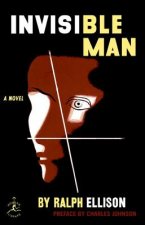
Invisible Man
492 Kč -

How to Read a Book
303 Kč -
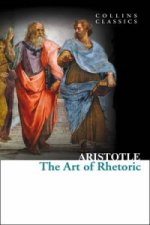
Art of Rhetoric
90 Kč -

Complete Poems of Hart Crane
416 Kč -

Rumi: The Big Red Book
357 Kč -

The Picture of Dorian Gray
155 Kč -

Mysteries of Udolpho
252 Kč -
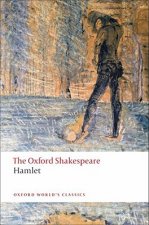
Hamlet: The Oxford Shakespeare
236 Kč -

Weird and the Eerie
249 Kč -

On Writers and Writing
303 Kč -
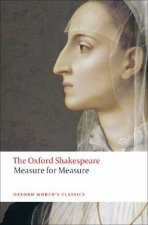
Measure for Measure: The Oxford Shakespeare
233 Kč -

Sejong Korean Extension Activity Book 1A - English Edition, m. 1 Audio
550 Kč -

Anna Karenina
218 Kč -
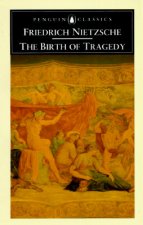
Birth of Tragedy
249 Kč -
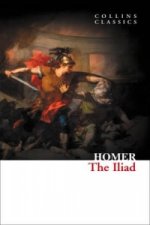
Iliad
104 Kč -

Moveable Feast
254 Kč -

Golden Bough
380 Kč -

Gulliver's Travels
155 Kč -

Selected Essays
276 Kč -

Dream Story
276 Kč -

Finn and Hengest
276 Kč -

Outsider
276 Kč -
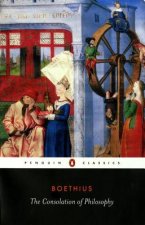
Consolation of Philosophy
276 Kč -

Analysis of Donna Haraway's A Cyborg Manifesto
233 Kč -

Devils
268 Kč -

J. R. R. Tolkien
276 Kč -

Tragedy of King Richard III: The Oxford Shakespeare
234 Kč -

Sejong Korean Student Book 2A - English Edition, m. 1 Audio
732 Kč -

Karamazov Brothers
267 Kč -

The Tempest: The Oxford Shakespeare
223 Kč -

Guide to Old English 8e
1953 Kč -

Complete English Poems
410 Kč -
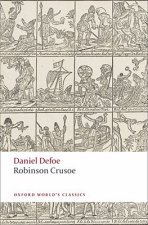
Robinson Crusoe
179 Kč -

Speak, Memory
494 Kč -
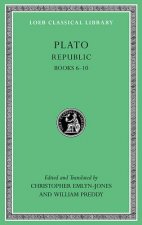
Republic
912 Kč -

Tom Jones
236 Kč -

Selected Journals of L.M. Montgomery
518 Kč -

Short Oxford History of English Literature
1313 Kč -

Collected Poems: Dylan Thomas
276 Kč -

Sir Gawain and The Green Knight
223 Kč -

Paradise Lost
410 Kč -

Cambridge Old English Reader
1091 Kč
Osobní odběr Praha, Brno a 12903 dalších
Copyright ©2008-24 nejlevnejsi-knihy.cz Všechna práva vyhrazenaSoukromíCookies



 Vrácení do měsíce
Vrácení do měsíce 571 999 099 (8-15.30h)
571 999 099 (8-15.30h)